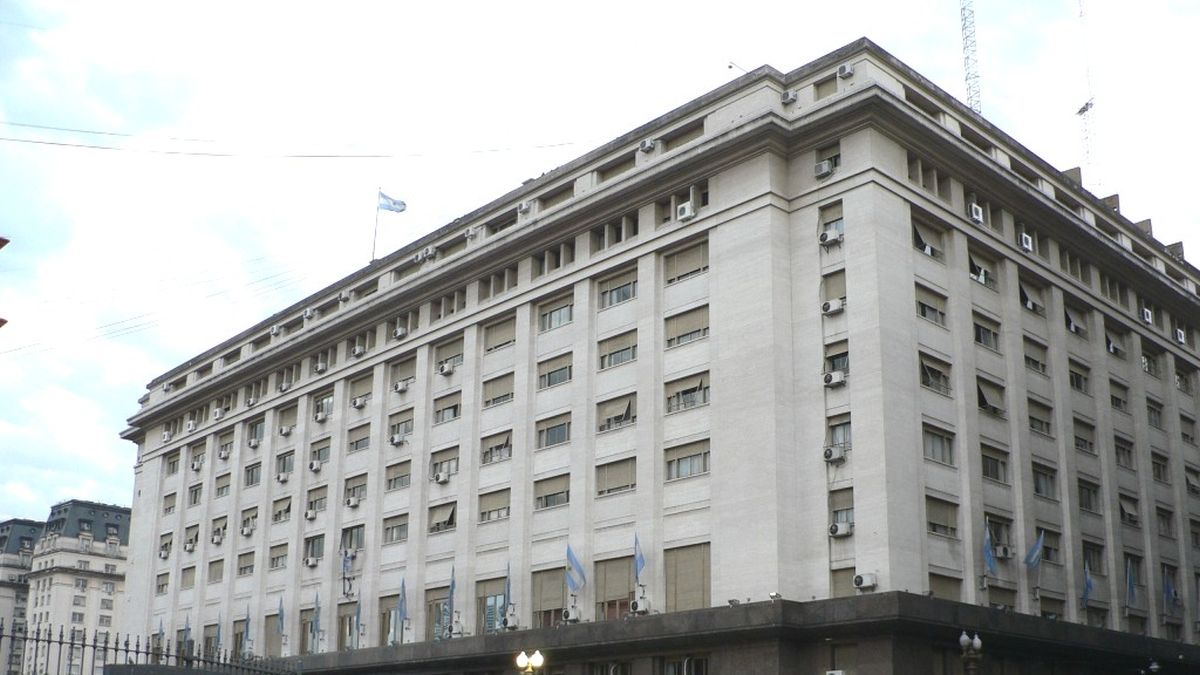BCRA intervention
In relation to the purchase of bonds by the Central Bank, at least three sources told Ámbito that these operations were carried out to guarantee “financial stability” in the context of a collapse in the price of public securities at the beginning of June . The BCRA’s decision to grant a “put” to the banks (that is, an option that allows them to hedge against Treasury risk in the event of a possible default) allowed more players to enter the market and enabled a withdrawal by the Central Bank.
“Today the BCRA is no longer intervening, the market has returned to normal and does not need its intervention,” a source confided to this newspaper. The mechanism used up to now involved monetary expansion because these titles, which had been placed in the primary auctions to different investors, were bought by the Central in the secondary market to sustain their price, which generated a strong injection of liquidity. This operation allows bypassing the restriction that the BCRA has to participate in primary auctions of the Treasury. Then, with these repurchased debt titles, the Ministry of Economy offered swap operations or conversion into longer debt titles, which in fact ended up generating indirect financing from the Central to the Treasury.
This mechanism, as explained by different sources, will not be used on a regular basis, but rather it was an intervention that allowed handling a critical situation so as not to further complicate the financial panorama of the Government. “There will be no more exchanges for a long time,” a source who knows the details of the decisions told this newspaper.
The intention of the financial team is to ensure that, between the collection and the market, the remainder of the deficit is financed, since Massa announced that he will not use any more Temporary Advances (AT). An economist with knowledge of the Central Bank’s spreadsheets estimated that, in the remainder of 2022, it only had around $100 billion left to use due to the limit that the IMF had imposed on the country in the agreement. So far this year, the BCRA has transferred $952.5 billion to the Treasury as TA. Going clean: first they must obtain financing for the fiscal deficit and, if the tenders allow it, they will apply an eventual positive net financing to cancel Advances.
What will they do with the SDRs?
However, it remains to be seen what decision Massa will take regarding the possible SDRs that arrive from the IMF. Guzmán used an accounting registration mechanism that involved counting them in the Budget (which made it possible to reduce the fiscal redundancy) and, at the same time, using them to return transitory advances to the Central Bank. For this accounting pass, on May 31, the Treasury canceled advances for the equivalent of $322,449 million. On this point there are still no decisions made in the Massa team.
Source: Ambito
David William is a talented author who has made a name for himself in the world of writing. He is a professional author who writes on a wide range of topics, from general interest to opinion news. David is currently working as a writer at 24 hours worlds where he brings his unique perspective and in-depth research to his articles, making them both informative and engaging.



